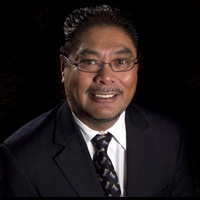Portland Felony Lawyer, Oregon
Sponsored Law Firm
-
 x
x

Click For More Info:
-
Clark Law & Associates LLC
6501 SW Macadam Ave Suite E Portland, OR 97239» view mapCriminal Defense Law Best Representation Possible
The advantage of having five attorneys and legal assistants is that we regularly confer with each other, so you receive the best representation possible.
800-722-8790
Not enough matches for Portland Felony lawyer.
Below are all Portland Criminal lawyers.
Gregory P. Oliveros
✓ VERIFIEDGregory Paul Oliveros was born and raised in the Portland area. After graduating from the Oregon College of Education in 1973, he taught in the Portla... (more)
Mark G. Obert
✓ VERIFIEDCommitted to delivering quality legal counsel at an affordable price to businesses, individuals, and organizations. Johnstone & Obert is a law firm... (more)
Randall Vogt
Priscilla L. Seaborg
David C. Lewis
FREE CONSULTATION
CONTACTFREE CONSULTATION
CONTACT Jennie Clark Portland, OR
Jennie Clark Portland, OR Practice AreasExpertise
Practice AreasExpertise


